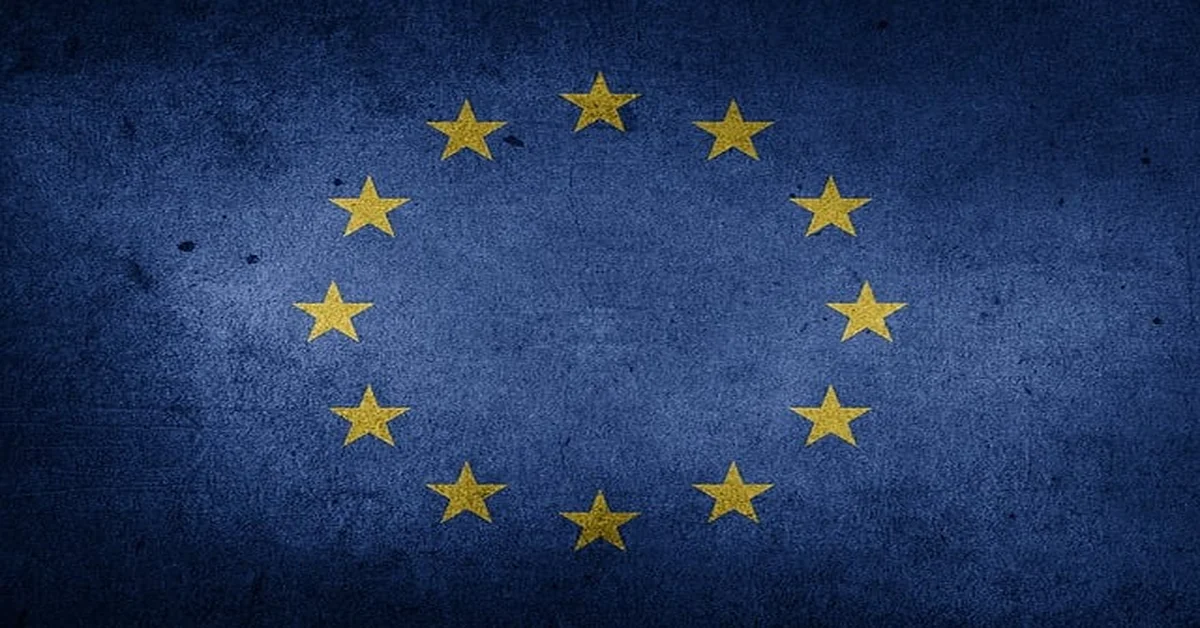Experts Weigh In: EU Legislation's Impact on SEO Strategies

The SEO landscape is changing fast because of the Digital Markets Act (DMA) in the European Union. This new law aims to break up Google’s long-held dominance and open the door for smaller players in search. As these changes come to life, SEO professionals feel a mix of excitement and worry. The chance for growth and new ideas is appealing, but many wonder if these rules will really make a difference or create the illusion of change while things stay the same.
This conversation is crucial for businesses trying to ad their SEO strategies in this new setting. The DMA pushes marketers and content creators to rethink their methods and find new possibilities in a tough environment. To help understand these changes, we’ve gathered insights from various experts in the field.
Alex Foster, Head of SEO, Quikster

The Digital Markets Act (DMA) is changing the SEO landscape, especially by challenging Google’s long-standing hold in Europe. As someone in the SEO field, I see this as a big shift, not for competitors but for innovation overall. The no-preferencing rule gives smaller players in the digital space a real shot. Google’s early moves show promise—comparison features often pop up at the top of search results, offering users more diverse options for travel and hotel queries.
This change opens up new paths for growth. Businesses that previously struggled against Google’s preferences can now gain visibility and traffic. As we ad to these developments, SEOs need to do more than react. We must embrace new ways to optimize for the latest search features and learn how users search.
The new competition can refine our SEO tactics and push us to stay flexible, trying out new strategies regularly. While there are worries about how fully Google will comply and what new obstacles could arise, the DMA sets the stage for a fairer digital market. Embracing this change can lead to a more dynamic environment, where innovation can flourish and all businesses, big and small, stand a chance to succeed. With the right attitude, we can turn these rules into a springboard for creativity and growth in SEO.
Alyssa Shupnacki, Content Lead, Thrive Media Group

The new Digital Markets Act (DMA) is changing the game for SEO and online competition in Europe. Its goal is to break up Google’s stronghold, giving smaller players a fairer shot. This isn’t about changing how things are done; it’s a chance to spark new ideas and different strategies in the SEO space.
As Google ads to the new rules, we’re starting to see search results that highlight third-party services more than its own. For those of us in SEO, this is our moment. The DMA pushes us to rethink our plans, focusing on comparison features and making sure our content stands out in the shifting search results. With competitors getting more visibility, brands need to be quicker and more flexible, always testing new approaches to stay on top.
This change could lead to more innovation in the industry. Smaller companies entering the market might introduce new ways to handle indexing and ranking, creating a lively and diverse search environment. There will be challenges, but the chance for fresh competition is thrilling. It motivates us to revisit our strategies, aiming for improvement and creativity. The Digital Markets Act could usher in a new phase for SEO, one marked by fairness and innovation.
Lucy Mitchell, VP of Content, Cloudscape

The Digital Markets Act (DMA) is a game changer for SEO in Europe. By limiting Google’s control, we have a chance for a fairer digital marketplace. The “no preferencing” rule is key. It gives smaller companies a chance against Google’s past dominance. This is exciting for SEOs who have seen Google’s tools overshadow other players in search results.
These changes will likely push businesses to rethink their SEO strategies. With new SERP features that focus on comparison services, companies need to adapt. This means optimizing content for things like comparison snippets and changing their overall approach to how they show up in search. Many SEOs might feel energized by these shifts, ready to explore new tactics that take advantage of a fairer competition.
It’s still unclear how well Google will adapt to the DMA, but early signs show change is happening. For the SEO community, this is a big chance—not to boost competition but also to rethink what SEO can do in a more balanced environment. Embracing this new landscape will be key for growth and long-term success.
Olivia Collins, Director of Marketing, Evergreen Essentials

The Digital Markets Act (DMA) is unfolding like a bad soap opera with Google in the spotlight. Supporters say the DMA will change the search landscape in Europe and reduce Google’s hold on it, but we should manage our expectations. Google is hiding its self-preferencing practices a bit better, with comparative tools popping up in search results. Still, let’s be honest: this isn’t freeing the internet.
Google has a history of dodging regulations. Thinking that a few new rules will bring down the search giant is a bit naïve. Compliance often depends on how much effort Google wants to invest. And if they don’t fully comply? Maybe a fine or two? A light reprimand?
This constant uncertainty creates a new kind of stress for the SEO community. Brands rush to adapt, while Google ads its algorithms behind the scenes, likely keeping some secrets. It feels like rearranging deck chairs on the Titanic. The ship is still sinking, and we have to wonder if this really changes the game or keeps us on our toes.
Mike Turner, Senior Content Marketer, Oasis Beverages

The Digital Markets Act (DMA) changes the game for search marketing, especially about Google’s long-standing control. This EU law aims to foster competition and tackle monopolies, but the reality is more complicated. For SEO professionals, these new rules might create more obstacles than benefits.
For those of us who focus on SEO revenue, the DMA’s impact can feel overwhelming. Some rival services may gain visibility, which could help level the playing field. Shaking up Google’s established system can introduce further issues. What’s to stop Google from tweaking its algorithms to still favor its services, in a less obvious way? Large corporations have a knack for ading to regulations quickly, often finding ways to look compliant while sidestepping the spirit of the law.
We can’t overlook the challenges these changes pose to our current strategies. Approaches that worked in the past might not deliver results in the future. The DMA could disrupt things momentarily, but it might also give Google new ways to strengthen its market position. As we move through this shifting environment, it’s important to stay alert and ad our tactics effectively. In this uncertain regulatory landscape, we need to keep our focus on delivering results that impact the bottom line.